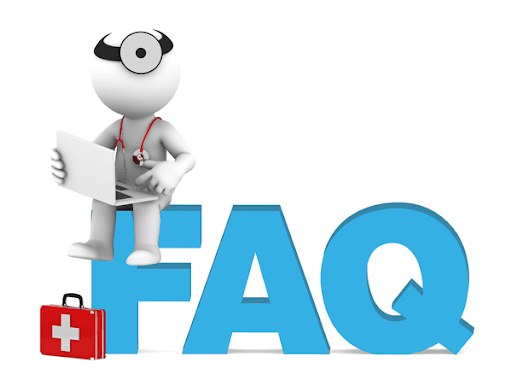What is Cancer?
Well, cancer is plainly defined as the development and growth of strange cells in the body which normally affects different organs and tissues within the body.
What does cause Cancer?
There are certain risk factors which might lead to cancer development. These are: Growing Older, Tobacco, Sunlight, Ionizing radiation,
Certain chemicals and other substances, Some viruses and bacteria, Certain hormones, Family history of cancer, Alcohol, Poor diet, lack of
physical activity, or being overweight
How does cancer spread?
Cancer cells break away from where they first formed, travel through the blood or lymph system, and form new tumors in other parts of the body. Cancer can spread to almost anywhere in the body. But it commonly moves into your bones, liver, or lungs.
What causes cancers of the head and neck?
The biggest cause of head and neck cancers is tobacco. This includes chewing tobacco and using snuff, not just smoking. Secondhand smoke
(smoke from other people’s cigarettes, cigars, or pipes) can also raise your risk of getting head and neck cancer.
What are head and neck cancer symptoms?
Each kind of head and neck cancer has specific symptoms, but there are some general ones, too. They are: A lump in your neck, Growths or
sores in your mouth (even if they don’t hurt), Blood in your spit or phlgm.
How can I reduce my risk of developing head and neck cancers?
People who are at risk of head and neck cancers particularly those who use tobacco―should talk with their doctor about ways to stop using
tobacco to reduce their risk.
How are head and neck cancers treated?
You might get just one kind of treatment, or you might get a combination of them. Options include surgery, radiation, chemotherapy, and
targeted therapy.
Are the cancers treatable?
If the cancers are identify in the timely manner and present in the medicable stages, they can be treated by the specialist of the disease itself. They can be cured and the patient can live a cancer-free life.
Why oral cancer screening done?
The goal of oral cancer screening is to detect mouth cancer or precancerous lesions that may lead to mouth cancer at an early stage — when
cancer or lesions are easiest to remove and most likely to be cured.
When to see a doctor?
Make an appointment with your doctor if you notice any new signs and symptoms that are persistent. Most throat cancer symptoms aren't
specific to cancer, so your doctor will likely investigate other more common causes first.
What causes thyroid cancer?
It's not clear what causes thyroid cancer.
Who all are at risk for getting Head & Neck cancers?
Certain factors can predispose a person more likely to get Head & Neck cancer than others like habits, age, family history, health condition,
environment contain harmful chemicals


